Berlin: Serbia should act as EU candidate country
Berlin expects Serbia to act in line with its candidate status for EU membership, senior official at the German Foreign Ministry Nikolaus Graf Lambsdorff says.
Thursday, 21.02.2013.
14:40

BERLIN Berlin expects Serbia to act in line with its candidate status for EU membership, senior official at the German Foreign Ministry Nikolaus Graf Lambsdorff says. He also noted that "that is not always the case, although there is progress." Berlin: Serbia should act as EU candidate country Lambsdorff , who is head of the Directorate for South-Eastern Europe, Turkey and EFTA States, underscored that the granting of the candidate status to Serbia is the best proof that the Thessaloniki process is still alive. The EU is still committed to the promises it gave in Thessaloniki, the enlargement process has to be continued, and Western Balkan countries have to fulfill their tasks, Lambsdorff said at a conference entitled “The Balkans in Europe's Future- the Role of Serbia“ at the Robert Bosch Foundation in Berlin. In mid-April, the European Commission (EC) will publish a new report, Lambsdorff said, voicing hope that it should not concentrate on the Belgrade-Pristina dialogue only, but also on other aspects such as reforms. At the meeting in Berlin, Serbia's Deputy Prime Minister for EU Integration Suzana Grubjesic said that it is more important than ever to focus on regional cooperation, as all are sharing the same goals, challenges and problems- no country could advance without ties with neigbours, and stressed that regional cooperation is one of Serbia's foreign policy priorities. Some relations in the region are still encumbered by the past, and the Serbian government will spare no effort to deepen relations with Croatia and Bosnia-Herzegovina, so as to make them better and less complex, she said. According to Grubjesic, the cooperation with Croatia is good at a technical level, while at a political level, it is important that the Croatian prime minister visited Belgrade. When it comes to normalization of relations with Pristina, Grubjesic said that a sustainable dialogue with the authorities in Pristina is needed, and that is the reason why the dialogue has been raised to a political level, and the president and prime minister decided to engage in it directly. It is not that important whether the dialogue would end in few rounds, but rather that a solution be found, she underscored. When it comes to reforms, Grubjesic noted that in the last decade, Serbia has managed to make progress, and not only because of the criteria of the EU, from which Serbia expects to stick to its promises. “Our goal was and will be a prosperous Serbia,” Grubjesic underscored, noting adding that Serbian citizens do not consider Brussels as a money printing machine any more, but as something that is much more. Joost Korte, Deputy Director-General for Enlargement at the EC, said the promise about the European integration of former Yugoslav republics made in Thessaloniki in 2003 is still in effect, and that despite being the toughest, last year was important for European integration - Serbia got candidate status and Montenegro opened accession talks. The EU has not changed its stance on enlargement, but the Union has changed, so Croatia is now joining a club which is different than it used to be. It is harder to become an EU member now, because the demands are more difficult, said Korte. On April 16, the EC will publish a report containing two components, one about the progress in the dialogue, in which Korte hopes Serbia will fulfill the demands made by the Council of the EU, and the other dedicated to reforms. Korte said he is impressed with what is happening in Serbia, stressing that reforms are being carried out and that he is very surprised by the new government, which has shown how fast things can change. Croatia's Deputy Prime Minister Neven Mimica stressed that EU integration has helped Zagreb become closer with its neighbors and the Balkans, from which it had been running away. Croatian-Serbian relations are characterized by problems dating back to World War One and we need to find a way to deal with open issues, he said. Goran Svilanovic, secretary general of the Regional Cooperation Council, said it is important that the processes in the Balkans be sustainable and noted that the government in Serbia has changed but the policies on the EU and reforms have stayed the same. Kosovo is not the only important issue, reforms are also important, he said, adding they need to be supported by the people. The Thessaloniki process needs to continue, so it is important to grant Serbia a date for opening talks, concluded Svilanovic. Marko Djuric, the foreign policy advisor to the Serbian president, is also taking part in the Berlin conference. Tanjug
Berlin: Serbia should act as EU candidate country
Lambsdorff , who is head of the Directorate for South-Eastern Europe, Turkey and EFTA States, underscored that the granting of the candidate status to Serbia is the best proof that the Thessaloniki process is still alive.The EU is still committed to the promises it gave in Thessaloniki, the enlargement process has to be continued, and Western Balkan countries have to fulfill their tasks, Lambsdorff said at a conference entitled “The Balkans in Europe's Future- the Role of Serbia“ at the Robert Bosch Foundation in Berlin.
In mid-April, the European Commission (EC) will publish a new report, Lambsdorff said, voicing hope that it should not concentrate on the Belgrade-Priština dialogue only, but also on other aspects such as reforms.
At the meeting in Berlin, Serbia's Deputy Prime Minister for EU Integration Suzana Grubješić said that it is more important than ever to focus on regional cooperation, as all are sharing the same goals, challenges and problems- no country could advance without ties with neigbours, and stressed that regional cooperation is one of Serbia's foreign policy priorities.
Some relations in the region are still encumbered by the past, and the Serbian government will spare no effort to deepen relations with Croatia and Bosnia-Herzegovina, so as to make them better and less complex, she said.
According to Grubješić, the cooperation with Croatia is good at a technical level, while at a political level, it is important that the Croatian prime minister visited Belgrade.
When it comes to normalization of relations with Priština, Grubješić said that a sustainable dialogue with the authorities in Priština is needed, and that is the reason why the dialogue has been raised to a political level, and the president and prime minister decided to engage in it directly.
It is not that important whether the dialogue would end in few rounds, but rather that a solution be found, she underscored.
When it comes to reforms, Grubješić noted that in the last decade, Serbia has managed to make progress, and not only because of the criteria of the EU, from which Serbia expects to stick to its promises.
“Our goal was and will be a prosperous Serbia,” Grubješić underscored, noting adding that Serbian citizens do not consider Brussels as a money printing machine any more, but as something that is much more.
Joost Korte, Deputy Director-General for Enlargement at the EC, said the promise about the European integration of former Yugoslav republics made in Thessaloniki in 2003 is still in effect, and that despite being the toughest, last year was important for European integration - Serbia got candidate status and Montenegro opened accession talks.
The EU has not changed its stance on enlargement, but the Union has changed, so Croatia is now joining a club which is different than it used to be. It is harder to become an EU member now, because the demands are more difficult, said Korte.
On April 16, the EC will publish a report containing two components, one about the progress in the dialogue, in which Korte hopes Serbia will fulfill the demands made by the Council of the EU, and the other dedicated to reforms.
Korte said he is impressed with what is happening in Serbia, stressing that reforms are being carried out and that he is very surprised by the new government, which has shown how fast things can change.
Croatia's Deputy Prime Minister Neven Mimica stressed that EU integration has helped Zagreb become closer with its neighbors and the Balkans, from which it had been running away.
Croatian-Serbian relations are characterized by problems dating back to World War One and we need to find a way to deal with open issues, he said.
Goran Svilanović, secretary general of the Regional Cooperation Council, said it is important that the processes in the Balkans be sustainable and noted that the government in Serbia has changed but the policies on the EU and reforms have stayed the same. Kosovo is not the only important issue, reforms are also important, he said, adding they need to be supported by the people.
The Thessaloniki process needs to continue, so it is important to grant Serbia a date for opening talks, concluded Svilanović.
Marko Đurić, the foreign policy advisor to the Serbian president, is also taking part in the Berlin conference.


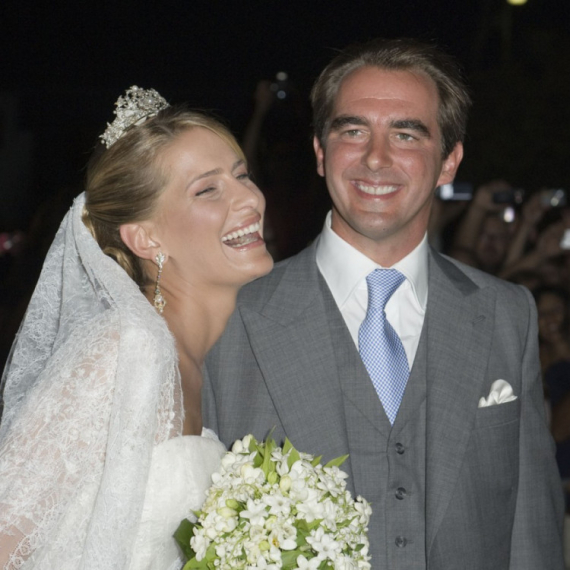









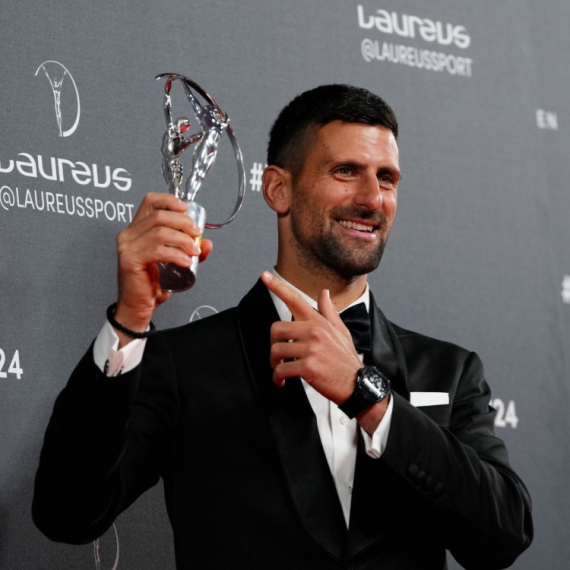
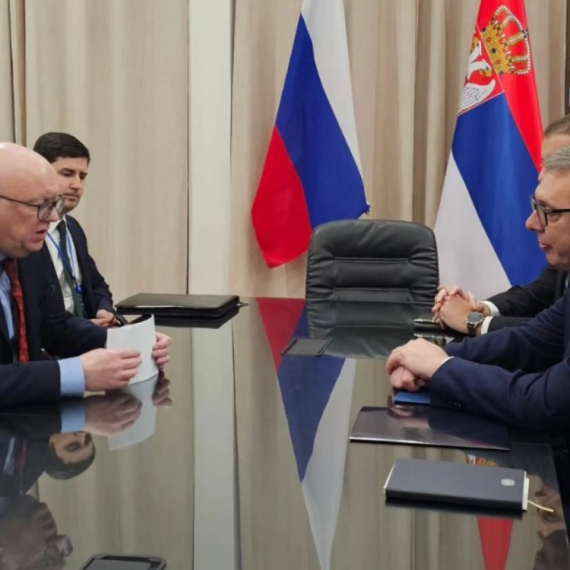
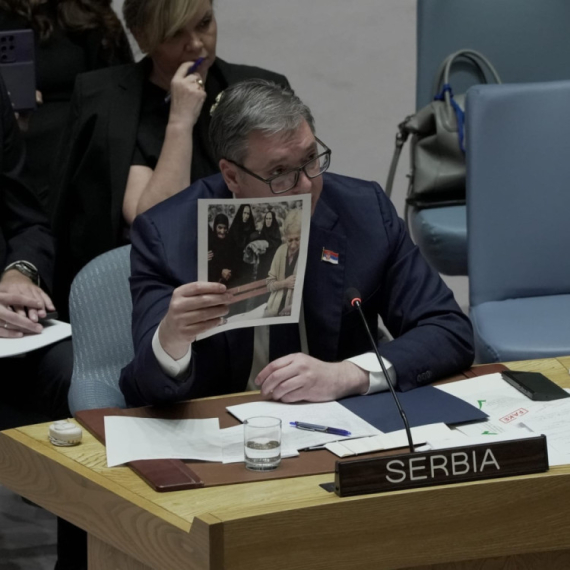

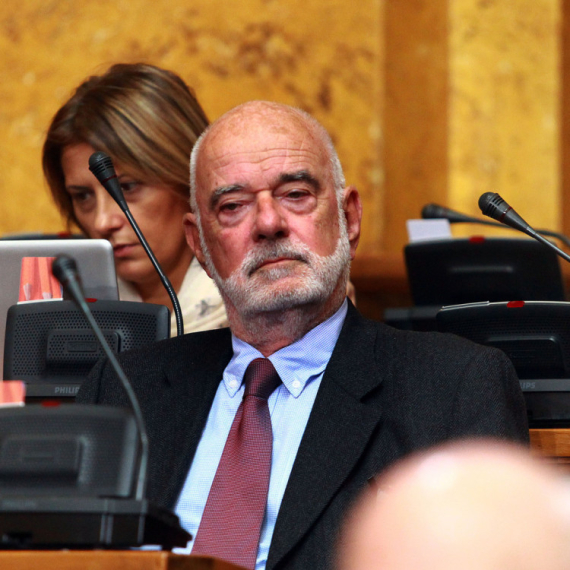

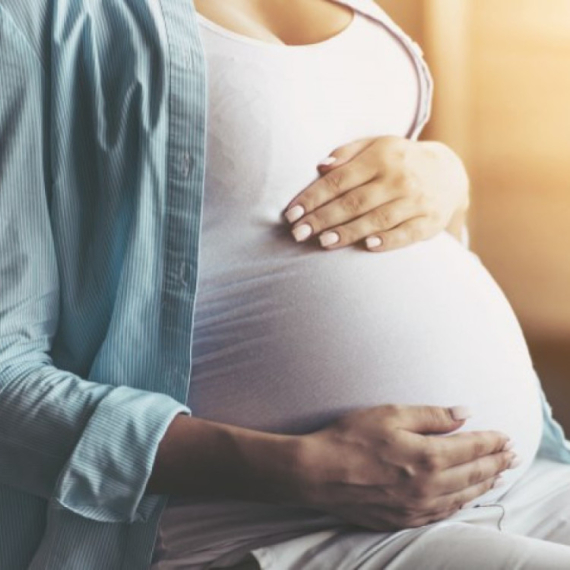
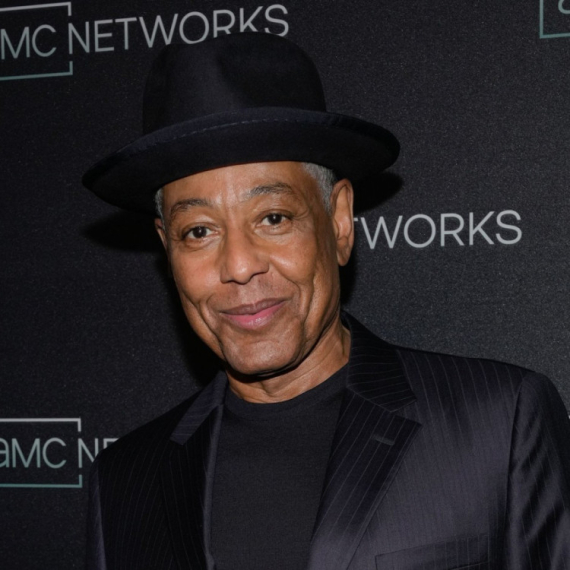


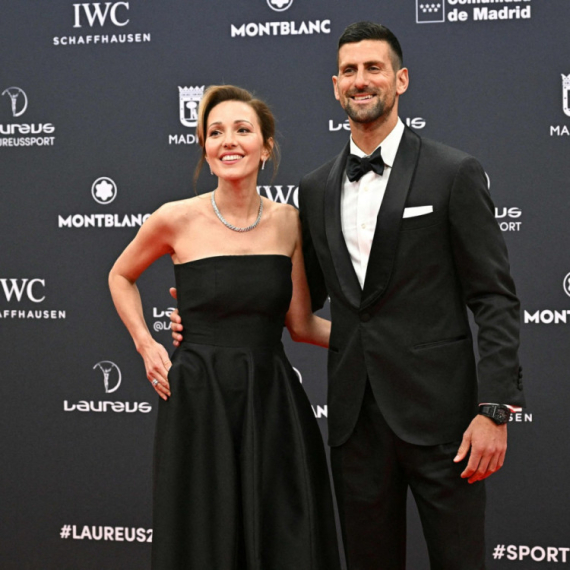









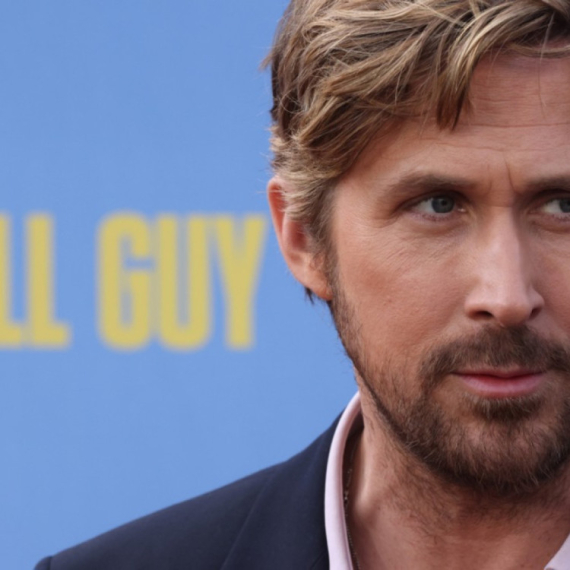





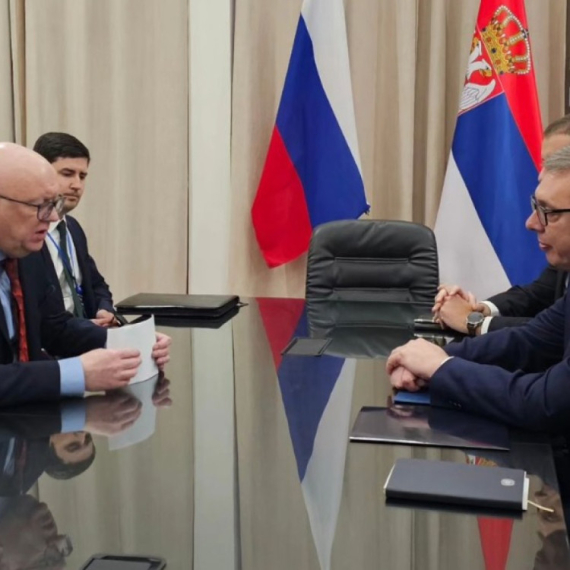

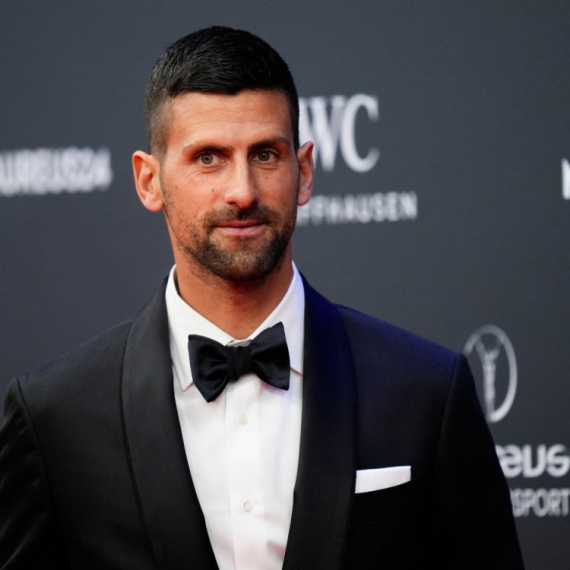

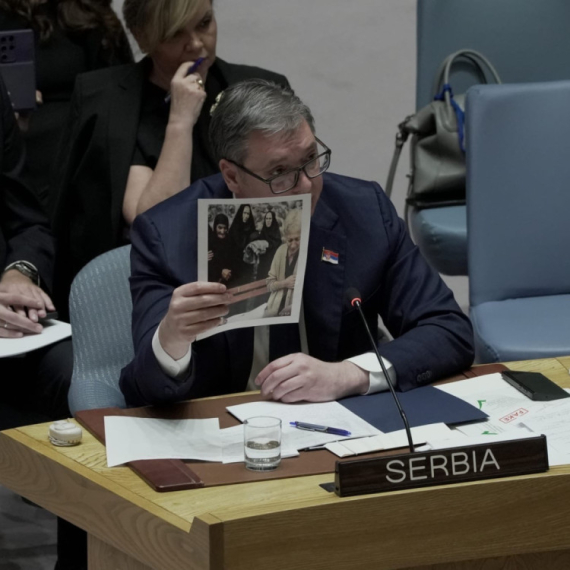

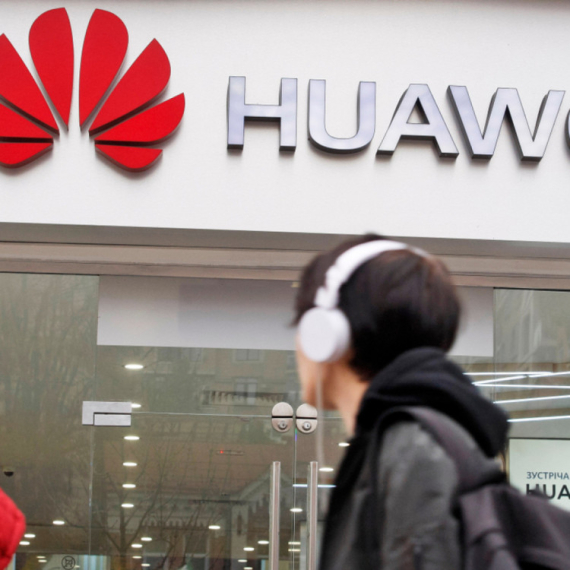




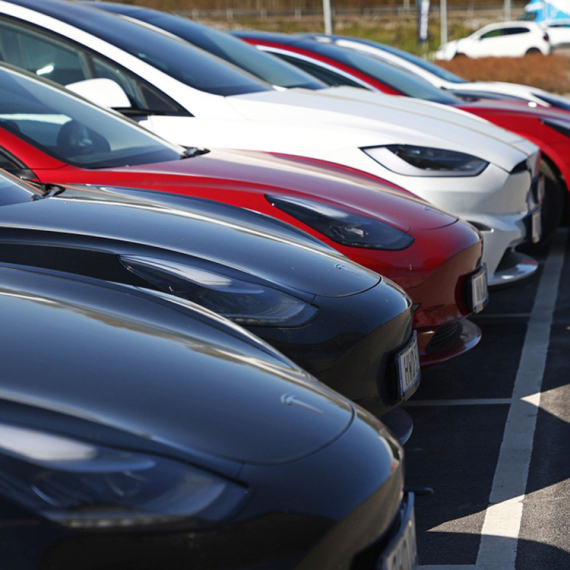

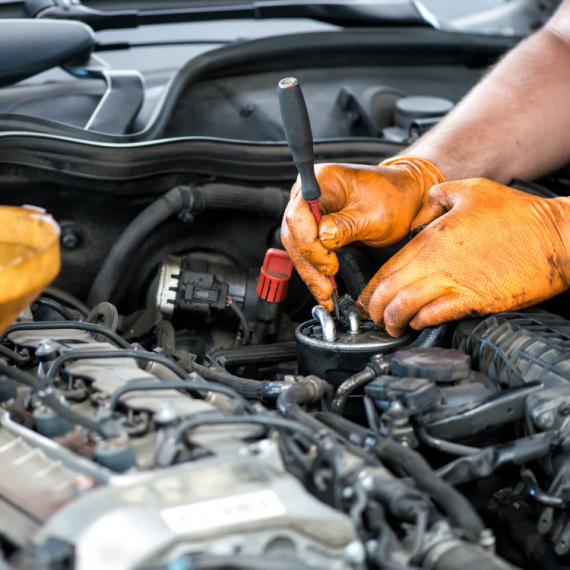
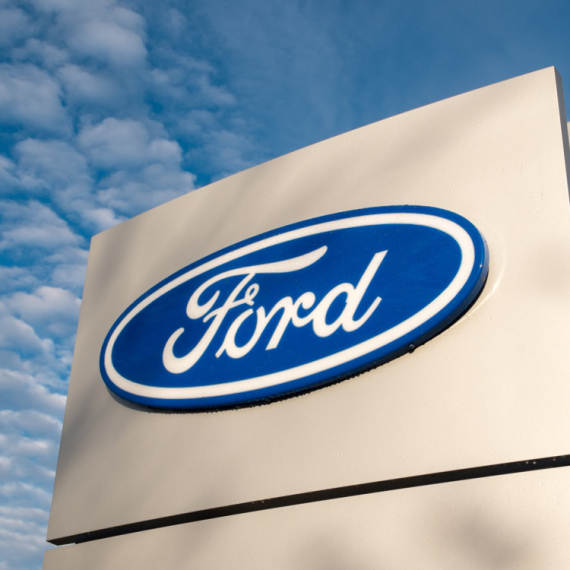

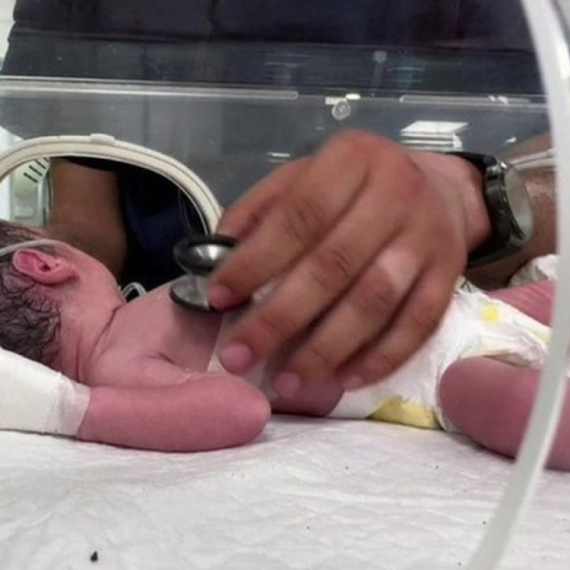

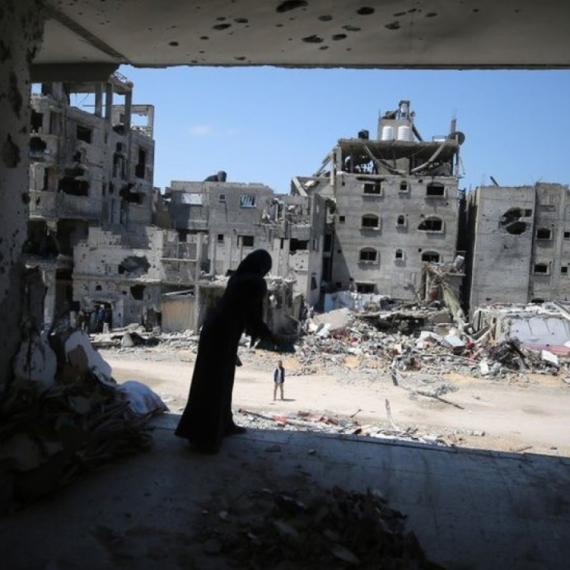
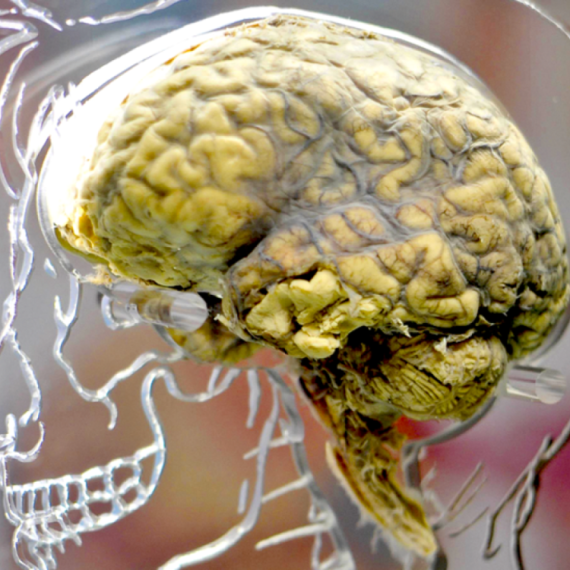

Komentari 7
Pogledaj komentare